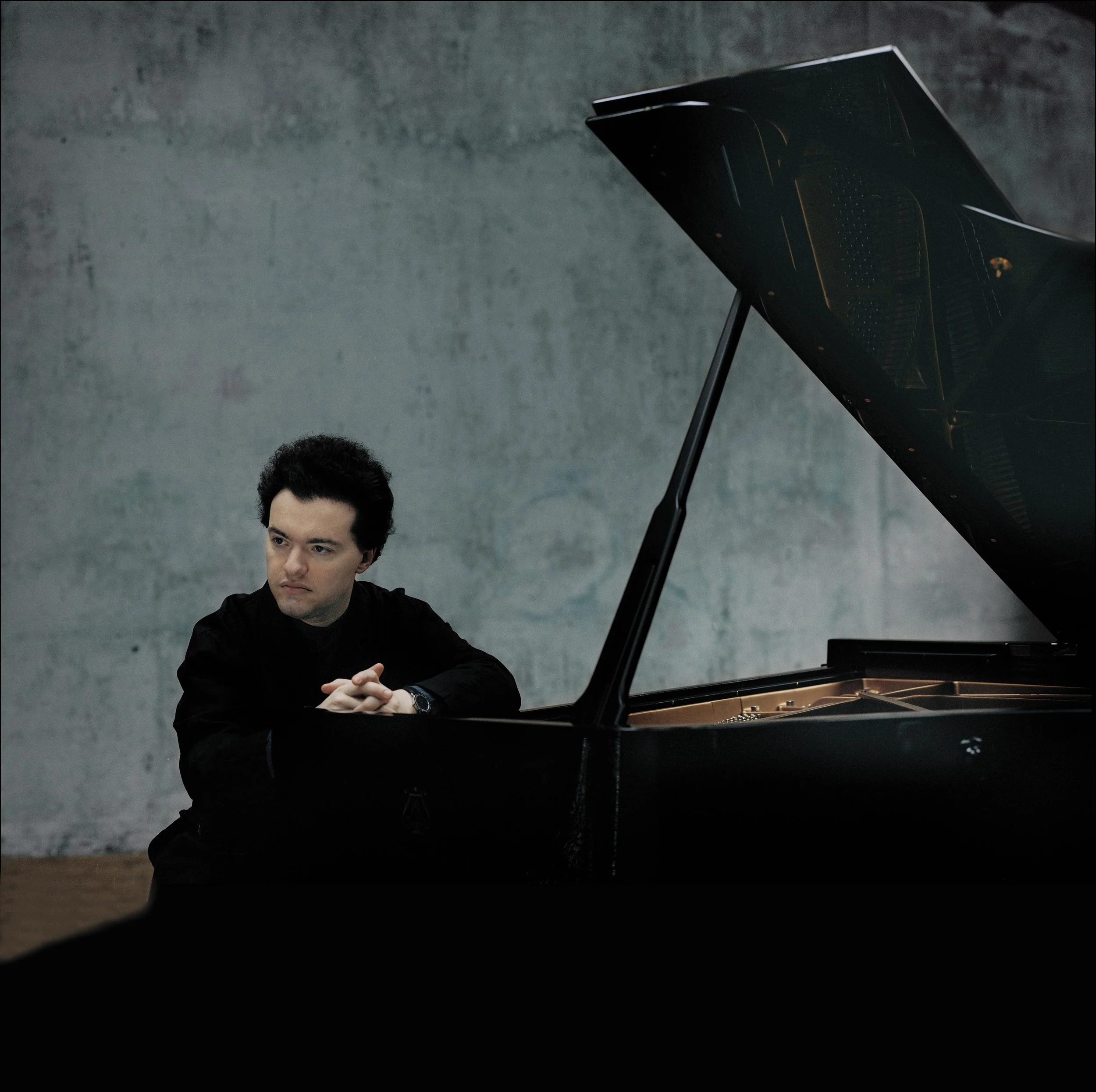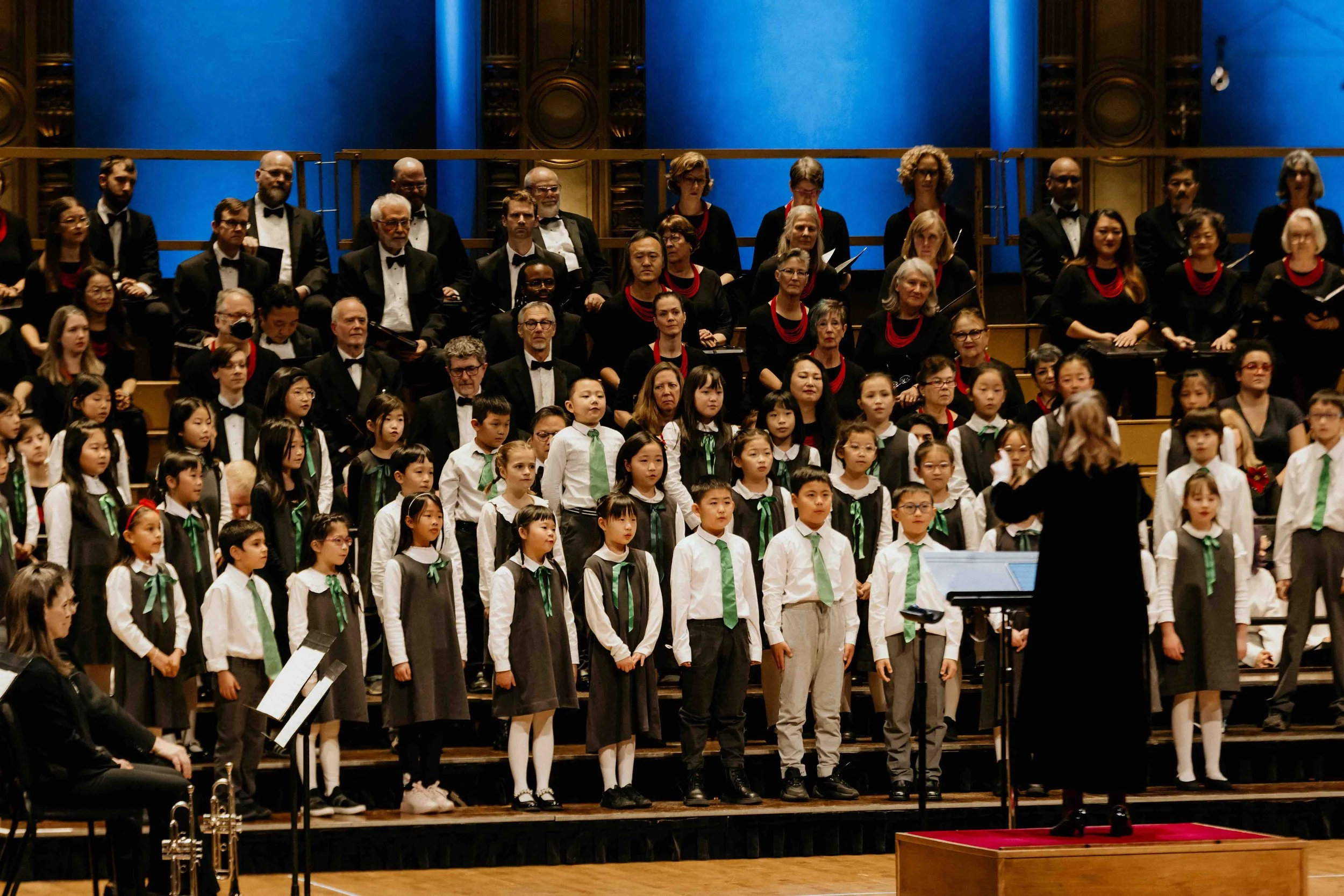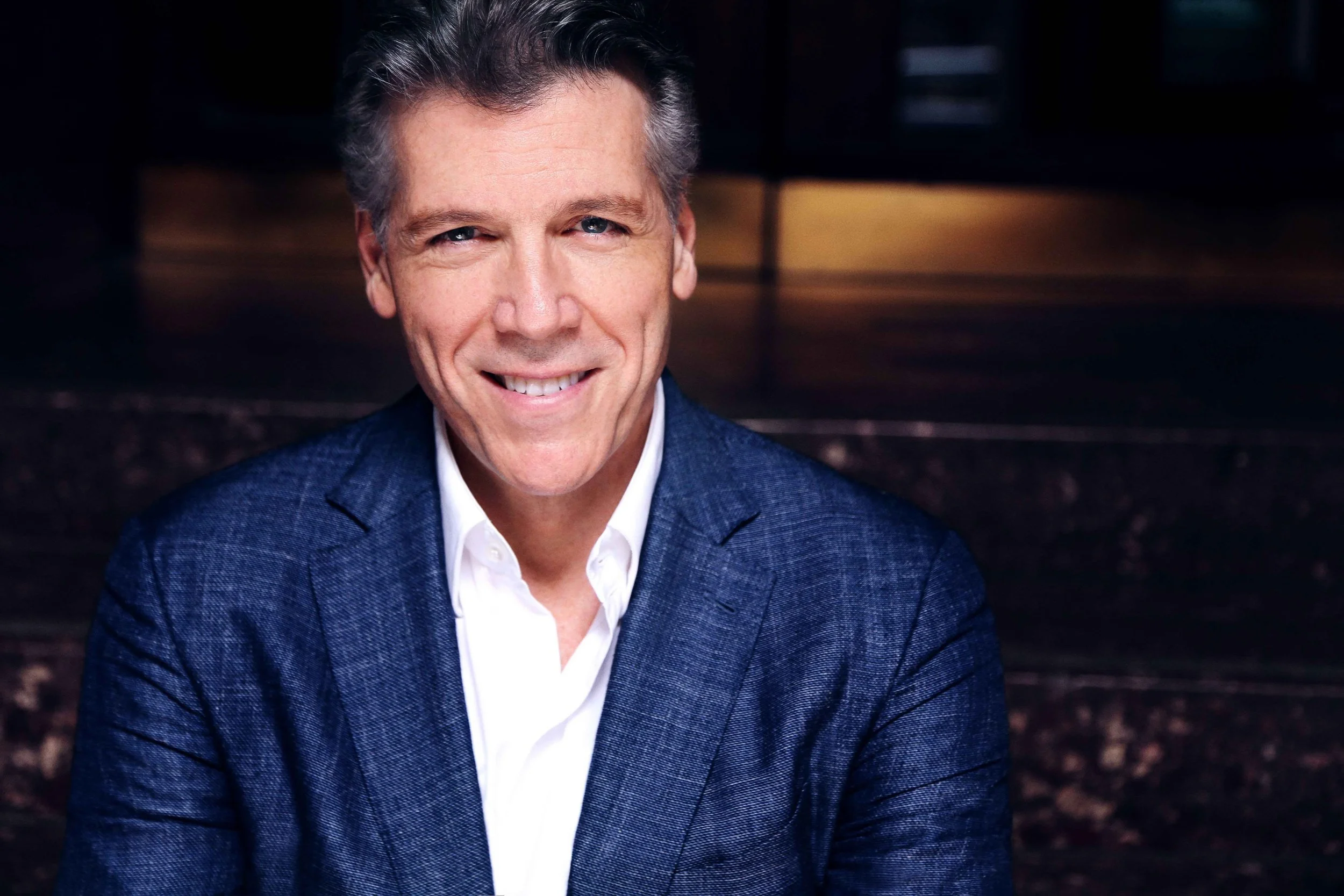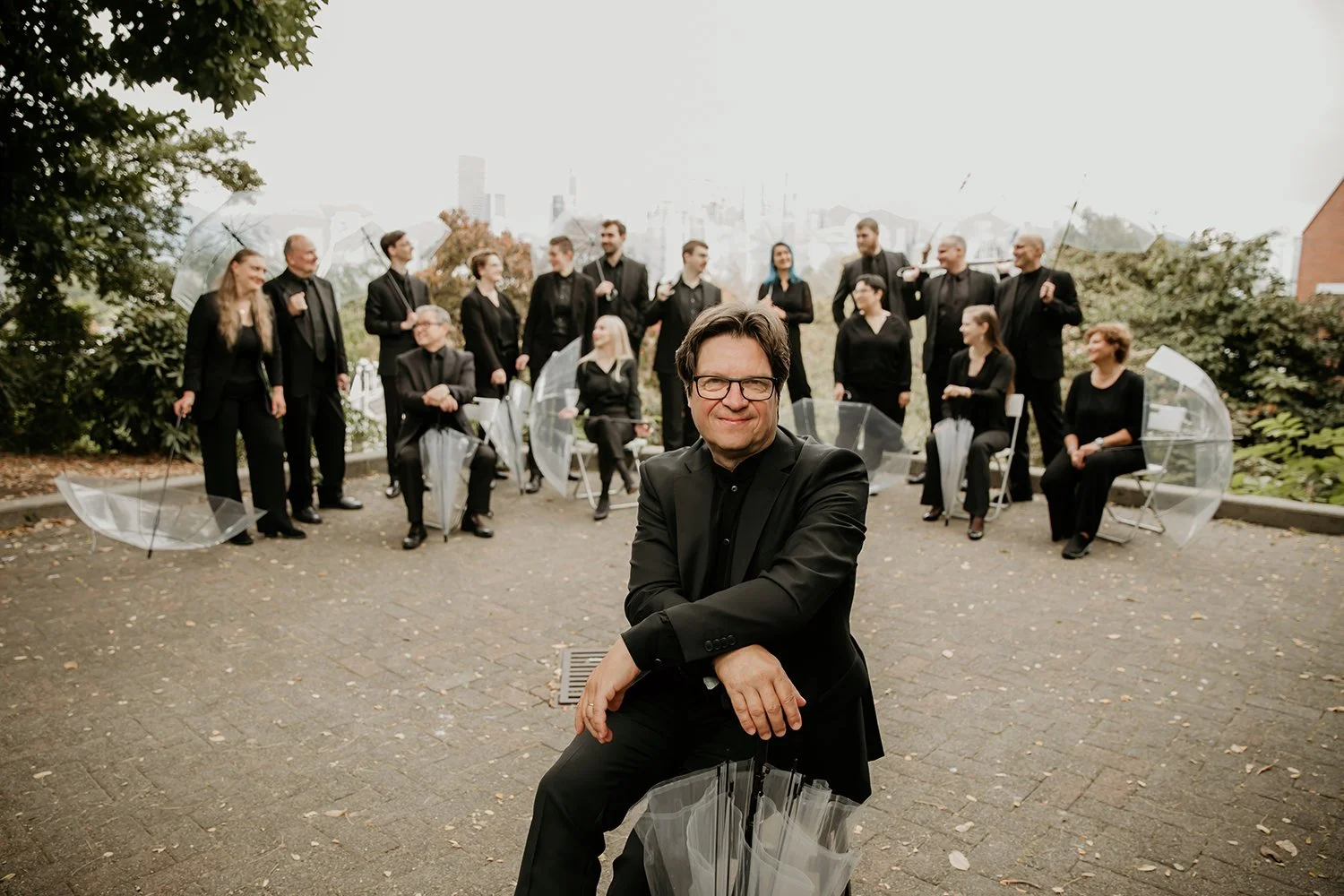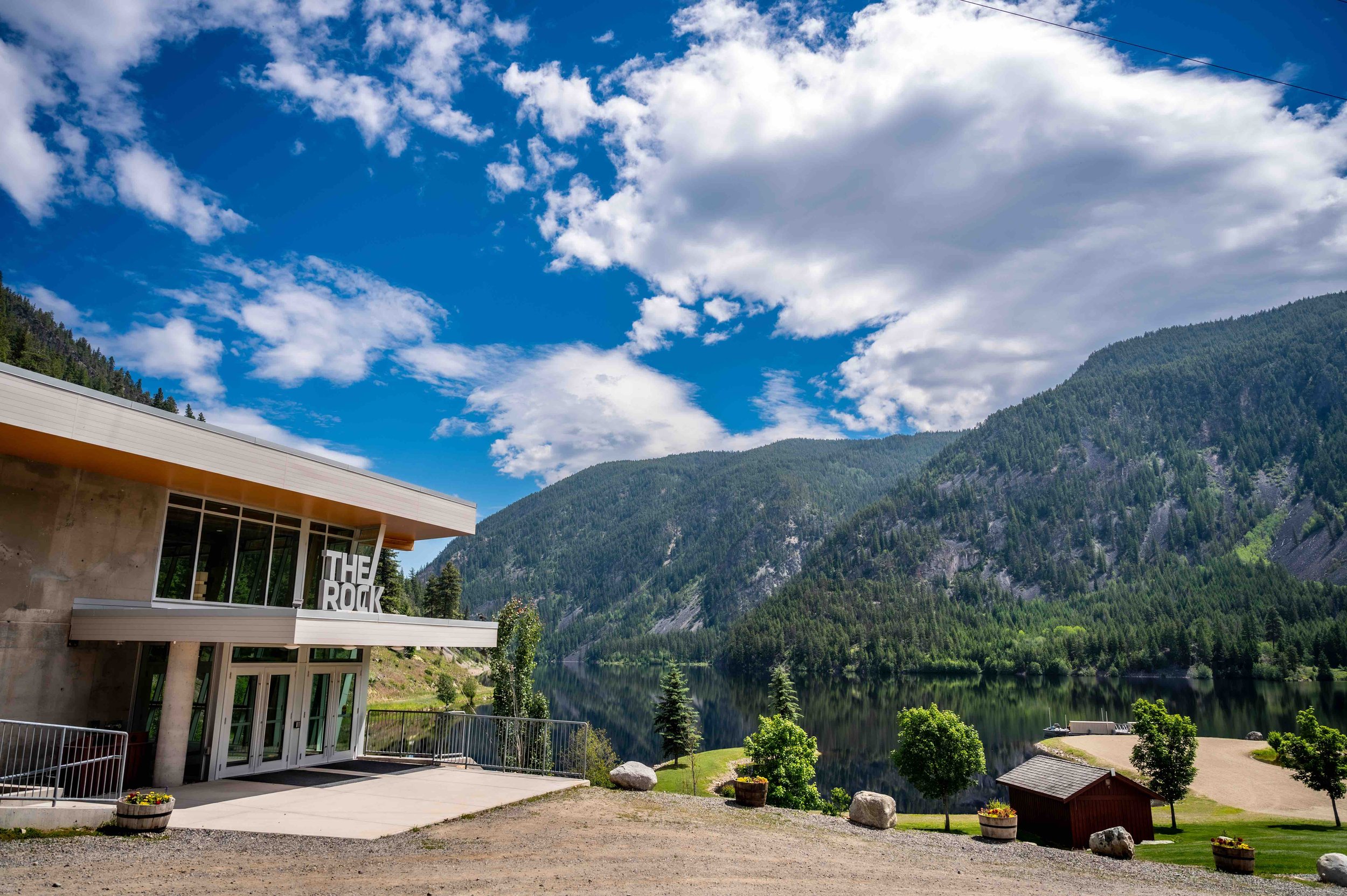Legendary pianist Evgeny Kissin sounds off on Russia’s invasion of Ukraine and the uniting power of music
The internationally renowned artist shares thoughts on the war and on his love of performing in advance of his forthcoming Vancouver concert
Evgeny Kissin. Photo by Felix Broede/Warner Classics
Vancouver Recital Society presents Evgeny Kissin on April 28 at 8 pm at the Orpheum Theatre
PIANO LEGEND EVGENY KISSIN was just 11 months old when, according to his family, he was able to sing, by ear, the theme of Bach’s A-Major Fugue from the second book of The Well-Tempered Clavier, which his sister was learning to play at the time. His mother was a piano teacher, and music filled his Moscow childhood home.
“From that moment on, I started singing by ear everything I heard my sister and my mother’s pupils play, [everything] from LPs and the radio,” Kissin tells Stir. “Then, when I was two years and two months old and grew up tall enough to reach the keyboard of the piano while standing on the floor, I started playing everything by ear, as well as improvising my own music. Naturally, I can’t remember myself at that time. To this day, playing piano for me is as natural as eating, drinking, or making love.”
Stir connected with the revered artist—recognized as one of the greatest piano players of all time—via email, at his request, in between stops on a tour that includes a visit to Canada’s west coast. The exchange covers some of Kissin’s career highlights, his upcoming performance here (his fourth with Vancouver Recital Society), and the war in Ukraine (more on that later).
Kissin, a passionate player who’s known for rousing deep emotions among audiences and who is also a composer, was six years old when he entered Moscow Gnessin School of Music, a school for gifted children, and 10 when the prodigy made his concerto debut playing Mozart’s Piano Concerto K. 466. He has gone on to play the world’s most magnificent concert halls and earn scores of awards.
Two key moments in his illustrious professional life stand out for him.
“The first highlight of my career was my debut when on 27 March 1984,” Kissin says. “I played both Chopin’s Concertos in one evening at the Great Hall of the Moscow Conservatoire with the Moscow Philharmonic Orchestra under Dmitry Kitaenko. That concert was recorded live, and thanks to that recording my name and playing became known to musicians in different countries.
“The other most important highlight was when I played Tchaikovsky’s 1st Concerto with the legendary Herbert von Karajan at the Berlin Philharmonic Orchestra’s New Year concert on 31 December 1988,” he says. “That concert was broadcast live on TV and made my name known to many music-lovers all over the world.”
Kissin was special guest at the 1992 Grammys, which were broadcast to an audience of over one billion, and was named Musical America’s youngest Instrumentalist of the Year in 1995. Two years later, Kissin was recognized with a Triumph Award for his outstanding contribution to Russia’s culture, one of the highest cultural tributes given out in Russian Republic. He has an honourary doctorate of music from the Manhattan School of Music and is honourary doctor of the Hong Kong University, the Hebrew University in Jerusalem, and the Ben Gurion University in Beer Sheba. In 2013, Kissin became an Israeli citizen; having lived in London and New York, he now resides in Prague with Karina Arzumanov, whom he wed in 2017.
Evgeny Kissin. Photo by Sasha Gusov/Warner Classics
Kissin has chosen several works for his current tour, including Tausig’s arrangement of Bach’s Toccata and Fugue in D minor, BWV 565; Mozart’s Adagio in B minor, K. 540; Beethoven’s Piano Sonata No. 31 in A-flat major, Op. 110. Then there are selected mazurkas as well as Andante spianato andGrande polonaise brillante, Op. 22 by Chopin.
“I chose this programme not for Vancouver, but for the 2021/22 season,” Kissin says. “I always play the same programme throughout every concert season. I personally don’t like describing music in words, because music for me is higher than words. I hope they [audiences] will share with me the love for the music I play. By playing for other people, I’m sharing with them music I love — and my love for it.
“Music is a universal language, so as long as there are no artificial borders created for it (like, for example, in the Soviet Union in the late years of Stalin’s regime for the Western music of that time),” he says. “It easily transcends all the other borders. As for politics, the fact is that [having] different political views doesn’t prevent people from enjoying the same music.”
Politics are impossible to ignore at this moment in time, with Russia’s invasion of Ukraine showing no signs of ending. On February 27, just three days after the war began, Kissin condemned Russia’s attack in a video posted on social media. He is among the “Musicians around the Globe” who are speaking out and taking part in the #StandWithUkraine movement.
As Stir reported at the time, Vancouver Recital Society artistic director Leila Getz sent a message to subscribers in early March saying the organization had chosen to keep the revered artist on the schedule for this spring, while making the gut-wrenching decision to cancel a performance by Russian pianist Alexander Malofeev in August.
“We at the VRS cannot in good conscience present a concert by any Russian artist at this moment in time unless they are prepared to speak out publicly against this war,” Getz said.
With the current situation unfolding in Ukraine, Stir asked Kissin if he cared to share any thoughts on the subject. He replied: “Yes, I do. And a lot.”
Stir is publishing Kissin’s response in its entirety, in his own words, here:
“I’ll start with a quote from Alexandr Solzhenitsyn’s novel “In the first circle”, the end of the chapter called “Spiridon’s criterion”. The story of the novel takes place in a so-called “sharashka”: a special place in the outskirts of Moscow where technically qualified political prisoners were working on various projects for the government in Stalin’s times and where Solzhenitsyn himself spent a few years. One of the main characters of the novel, the young prisoner Gleb Nerzhin whose prototype was the author himself is going through a period of soul-searching and becomes close to another prisoner, an old peasant by the name Spiridon. Finally Nerzhin expresses to Spiridon his thoughts and doubts and ends with the following question (now I’ll quote the question and the continuation almost until the end of the chapter):
“Can anybody on the earth possibly make out who’s right and who’s wrong? Who can tell us that?”
Spiridon’s frown had disappeared, and he answered as readily as if he’d been asked which guard would be on duty next morning. “I can tell you: Killing wolves is right; eating people is wrong.”
“What? What’s that you say?”
The simplicity and certainty of Spiridon’s answer took Nerzhin’s breath away.
“Just that,” Spiridon said. “The wolf killer is in the right; the man-eater is not.” *
Gleb’s face felt warm breath from under that mustache as Spiridon leaned close to whisper: “Gleb, if somebody told me right now there’s a plane on the way with an atom bomb on board — d’you want it to bury you like a dog here under the stairs, wipe out your family and a million other people, only old Daddy Whiskers and their whole setup will be pulled up by the roots so that our people won’t have to suffer anymore in prison camps and collective farms and logging teams” — Spiridon braced himself, pressing his tensed shoulders against the stairs as though they threatened to collapse on him, with the roof itself and all Moscow to follow — “believe me, Gleb, I’d say, ‘I can’t take it anymore, I’ve run out of patience,’ and I’d say” — he looked up at the imaginary bomber — “I’d say, ‘Come on, then! Get on with it! Drop the thing!’”
I understand that it may be surprising and even shocking for many pacific Westerners, but at the time when millions of useful idiots in the West were demonstrating for disarmament of their own countries in the face of the communist monster, believing that the Americans and the free world in general were at least as bad as the Soviets, if not even worse, — at that very time we in the Evil Empire, behind the Iron Curtain, were secretly reading the above lines in samizdat, we remember Spiridon’s criterion to this day, and it has always been clear as a daylight to us who the wolf killers were and who the man-eaters were in the world.
Not so long ago I learned that Winston Churchill after the victory over the Nazi Germany wanted to do exactly what Solzhenitsyn and other prisoners of the GULAG were dreaming of at that time: to drop atomic bombs on Moscow and Kiev and to invade the USSR in order to liberate two hundred millions of its people and save the world from the red threat — but everybody else, the other Western leaders, as well as Churchill’s own military, were against that. As a result, more than one hundred million people were killed not only in the Soviet Union and the other communist countries, but also in the rest of the world, because, as we know now, the Kremlin bandits during dozens of years were supporting terrorism on the entire planet, even in Africa and South America.
Later, if the West had not pursued the disgraceful and suicidal policy of “detente”, the Evil Empire would have collapsed much earlier and millions of human lives all over the world would have been saved.
I am saying all this, because it’s perfectly clear to me and other people of my circle: if the West had applied the same sanctions against Putin’s regime as it is applying now 8 years ago, after the annexation of the Crimea, there would have been no war in the Ukraine now. I’ll tell you even more: had the West applied such sanctions in 2008, in response to Putin’s invasion of Georgia and the de facto annexation of South Ossetia, Putin would not have annexed the Crimea five and a half years later — and maybe, by that time he would even no longer be in power. And more: if the West had applied such sanctions back in 1999-2000, in response to the genocide in Chechnya, there would definitely have been no invasions of Georgia and the Ukraine.
In his speech that was broadcast on the Russian TV just before the invasion of the Ukraine Putin claimed that the West had been very unfair towards Russia “even under the extreme openness of Russia in 1990s”. That statement did not surprise me, because I know very well who Putin is and what one should expect from him; however, what does surprise me a lot is that there are people in the West, people of firm democratic convictions, who share this view: that the West behaved too much like the winner of the Cold War. For me and my friends the exact opposite is obvious: the West did NOT behave like the winner of the Cold War — and that’s why we are having all these problems and tragedies now. After the Soviet Union ceased to exist, why on earth did Russia inherit its seat in the UN Security Council? I understand that after WWII it was probably difficult to avoid giving that seat to the Soviet Union — but why was it given to Russia after the Evil Empire collapsed? It should have been given to a deserving democratic country like, for example, Canada, Australia or Japan. And now we all see what problems are arising from it. After the fall of communism the West should have done to Russia what it did to Germany after the fall of Nazism: communist leaders should have been tried by an international tribunal; the West should have forced Russia to outlaw the communist ideology, literature and symbols, to build dozens of memorials to the victims of communism, to repent constantly and to pay reparations to the numerous victims of the Kremlin bandits: Jews, Ukrainians, Estonians, Latvians, Lithuanians, Georgians, Poles, Czechs and many others; the fifth columns in the Ukraine and the Baltic states should have been transferred to Russia in the same way, as the Germans of Sudetenland and Silesia were transferred to Germany after WWII. The West didn’t do any of that — and the post-communist Russia under the ex–secretary of a regional committee of the CPSU Boris Yeltsin immediately started pursuing a foreign policy contrary to that of the West by supporting Milosevic; less than a year after the collapse of the Soviet Union, when Russia was in ruins, its foreign Minister Andrey Kozyrev (who was considered to be a great liberal) had a chutzpah to state in his interview to the “Frankfurter Rundschau” newspaper: “The language of lecturing is inappropriate in conversations with Moscow,” — and the West swallowed all of that. Then the “democratic” Russia perpetrated the ethnic cleansing of the Georgians in Abkhazia, took away Abkhazia from Georgia — and the West allowed Yeltsin to do that and continued to support him. Even after the first war in Chechnya which killed eighty thousand people, the West didn’t go beyond verbal criticism, didn’t subject Russia to any sanctions. These are facts — sad and shameful facts.
How come that the experience with Hitler almost a century ago has still not taught Western politicians that dictators and murderers should never be appeased, but confronted most decisively and by all possible means? that it is not only the right, but the moral duty of the West to do so, otherwise it becomes responsible for the crimes it encourages dictators to perpetrate? When the foreign minister of Putin’s Russia dares to say to the British Foreign Minister: “Who are you to fucking lecture me?”, the latter should respond: “Watch your language, sir! I am the foreign minister of Great Britain, the eldest democracy of the world, a great democratic power — whereas you are an official of a criminal authoritarian regime, and therefore you and your cronies should be grateful that we are only lecturing you and not destroying you!”. After all the experience of the twentieth century which demonstrated most clearly where any deviations from freedom and democracy — communism, Nazism, fascism, clericalism — lead to, does it still need to be explained that the West with all its faults and imperfections is the best society on our planet and that everybody who dares to oppose to, let alone counter the West, the sacred principles of freedom and democracy, is a shit which, like every shit, deserves only one thing: to be flushed down the toilet as quickly as possible, so that it would not stink and not spoil good people’s lives?
I must say that it became a grave disappointment for me when I realized a number of years ago that the Western principles, the Western ideals and the Western international politics are not the same thing; that most Western politicians for dozens of years had been betraying their own ideals and principles. Another striking example of this is that since the democratic State of Israel was created, opportunist Western politicians have been forcing their natural ally to make concessions to her anti–democratic enemies who have always been determined to destroy her.
Now I can only say to them: if you don’t do everything to help the brave Ukrainian people to win this war, to drive the aggressors and murderers out of their country, history will never forgive you.
* In Russian it rhymes: “Volkodav prav, a lyudoyed — net!”.



